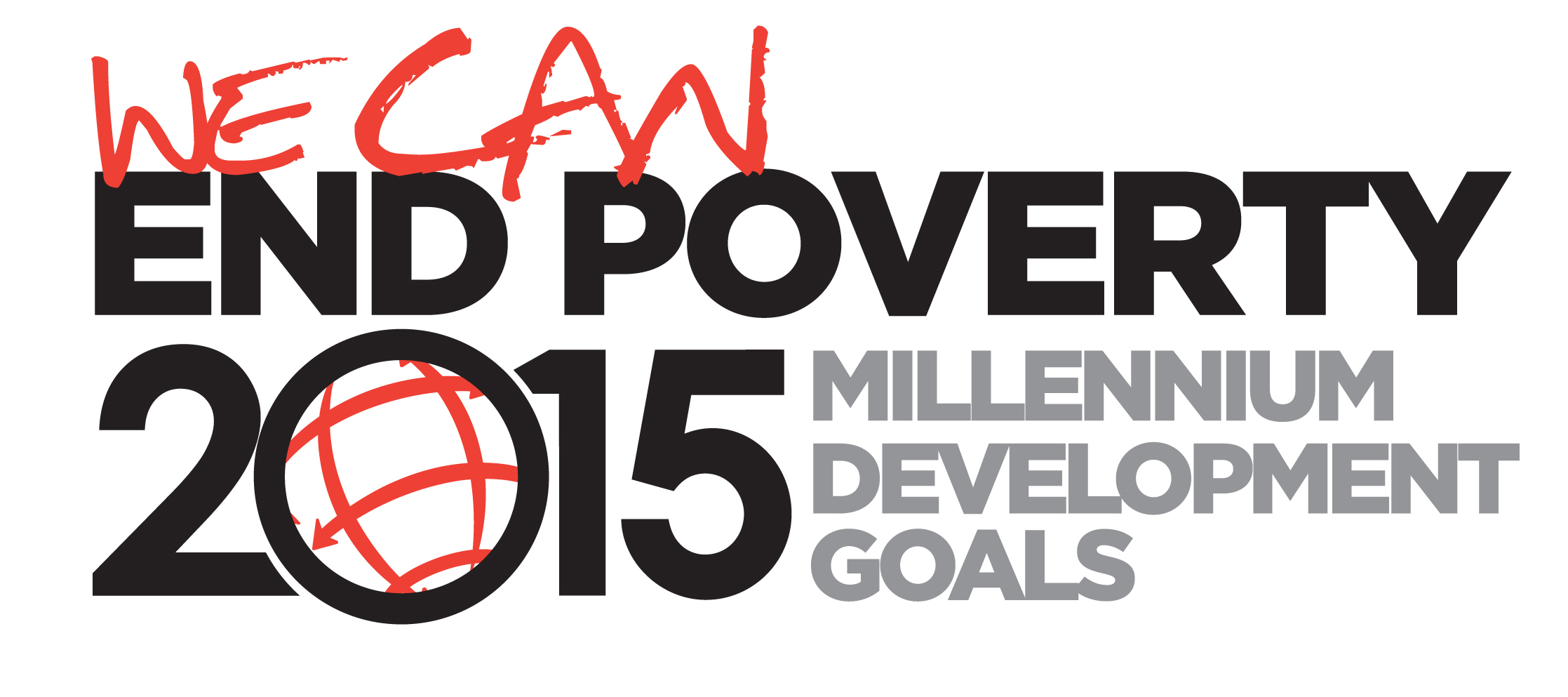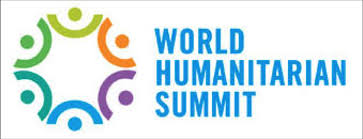WORLD HUMANITARIAN SUMMIT
On 23 – 24 May 2016 world leaders will meet in Istanbul to stand up for our common humanity and take action to prevent and reduce human suffering.
The World Humanitarian Summit is a joint effort by many governments and organizations that are committed to improving humanitarian action. The WHS would not be possible without their support and collaboration.
The purpose of the summit is to set a forward looking agenda for humanitarian action to collectively address future humanitarian challenges. The aim is to build a more inclusive and diverse humanitarian system committed to humanitarian principles.
The three main goals of the summit are:
Reaffirm our commitment to humanity and humanitarian principles.
Initiate actions and commitments which enable countries and communities to prepare for and respond to crises and be more resilient to shocks.
Share best practices which help save lives around the world, placing affected people at the centre of humanitarian action and alleviating suffering.
The United Nations’s Agenda for Humanity calls on global leaders to commit to five core responsibilities.
CORE RESPONSIBILITY A:
Global leadership to prevent and end conflict.
Preventing conflicts and finding political solutions to resolve them is our first and foremost responsibility to humanity.
CORE RESPONSIBILITY B:
Uphold the norms that safeguard humanity. Every day, civilians are deliberately or indiscriminately killed in wars. We are witnessing the erosion of 150 years of international humanitarian law.
But even wars have limits: leaders must recommit to upholding the rules that protect humanity.
CORE RESPONSIBILITY C:
Leave no one behind
The World Humanitarian Summit is the first test of our commitment to transform the lives of those most at risk of being left behind.
This means reaching everyone and empowering all women, men girls and boys to be agents of positive transformation. It means reducing displacement, supporting refugees and migrants, ending gaps in education and fighting to eradicate sexual and gender based violence.
CORE RESPONSIBILITY D:
Change people’s lives- from delivering aid to ending need
Success must now be measured by how people’s vulnerability and risk are reduced, not by how needs are met year after year. Ending need will require three fundamental shifts in the way we work:
1. Reinforce, don’t replace national system
2. Anticipate, don’t wait for crises
3. Transcend the humanitarian-development divide
CORE RESPONSIBILITY E:
Invest in Humanity
Accepting and acting upon our shared responsibilities for humanity requires political, institutional and financial investment.
As a shift is needed from funding to financing that invests in local capacities, is risk-informed, invests in fragile situations and incentivizes collective outcomes.










